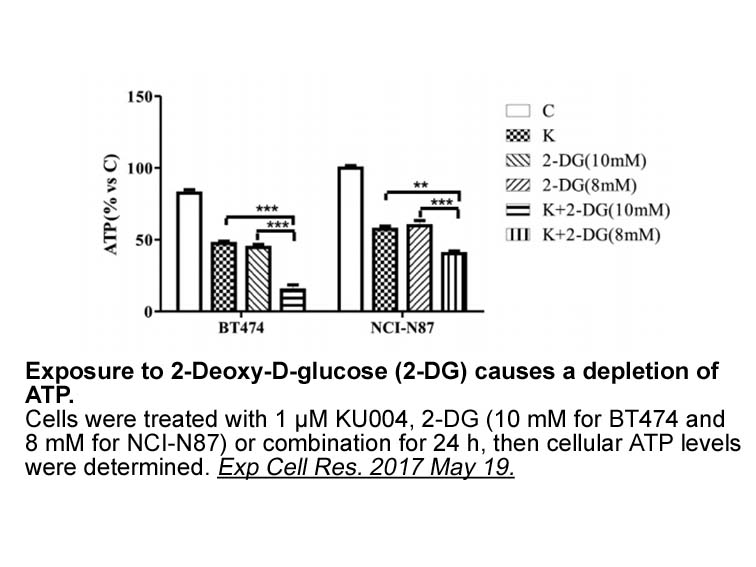Archives
this question The WHO Safer Primary Care report
The WHO Safer Primary Care report has grappled head-on with the challenges associated with many variations in the scope, nature, and provision of primary care in different countries; insufficient data from low-income and middle-income country settings to inform priorities for care; the need to develop instruments and approaches to more accurately assess the overall disease burden; and the almost complete absence of trial evidence on how to improve the safety of primary care provision. Therefore, the report should result in a welcome widening of the lens through which patients\' safety considerations are viewed.
Building on the Alma Ata declaration and WHO\'s recent reaffirmation of the central importance of primary care, WHO\'s deliberations provide a call for action and an agenda for change. This initial WHO pronouncement will now be followed by a global synthesis of available epidemiological evidence on the risks associated with primary care provision, the findings from an international research prioritisation exercise undertaken by members of the Safer Primary Care Expert Working Group, and a WHO Global Roadmap to Safer Primary Care.
The newly launched , which this question multisectoral, interdisciplinary, and not for profit, aims to expedite the generation of novel medical technologies and drugs to diagnose, prevent, and treat high-prevalence infectious diseases worldwide. The GHIT Fund represents the first public–private partnership to involve a national government, a UN agency, a consortium of pharmaceutical companies, and an international philanthropic foundation (founding partners are the Japanese Ministry of Foreign Affairs; the Japanese Ministry of Health, Labour and Welfare; the UN Development Programme; Astellas Pharma; Daiichi Sankyo Company; Eisai Company; Shionogi & Company; Takeda; and the Bill & Melinda Gates Foundation). The initial targets are key poverty-exacerbating diseases prevalent in developing nations—namely, HIV/AIDS, malaria, tuberculosis, and 17 disorders designated as neglected tropical diseases by WHO (). These disorders still thrive in poor, marginalised communities, causing severe pain, disability, and death for more than 1 billion people. Investments to control them can substantially reduce poverty, but overall funding for neglected tropical diseases has remained static since 2009.
The Tokyo-based Fund is a result of recent changes in Japan\'s research and development system, placement of global health as a central component of foreign policy, and the country\'s proactive pharmaceutical sector, together with a shift in focus of international efforts since the mid-1990s to combat neglected tropical diseases. With a broad-based participatory approach, Japan aims to maintain its role at the forefront of global public health initiatives, and to prioritise t he health aid sector. The GHIT Fund will draw on Japan\'s advanced technology and innovation sectors to accelerate the creation of new biomedical systems, methods, and products insulin are appropriate, effective, affordable, and easy-to-use. Where possible, capacity building and technology-transfer components will be integrated into these efforts. The Fund\'s main goal will be the generation of novel drugs, vaccines (both preventive and therapeutic), and diagnostic technologies.
he health aid sector. The GHIT Fund will draw on Japan\'s advanced technology and innovation sectors to accelerate the creation of new biomedical systems, methods, and products insulin are appropriate, effective, affordable, and easy-to-use. Where possible, capacity building and technology-transfer components will be integrated into these efforts. The Fund\'s main goal will be the generation of novel drugs, vaccines (both preventive and therapeutic), and diagnostic technologies.
We welcome the insightful Article on financing for tuberculosis control by Katherine Floyd and colleagues (August, p e105) from the Global TB programme at WHO. The finding that many countries, including the BRICS countries (Brazil, Russia, India, China, and South Africa), are becoming increasingly self-sufficient in funding tuberculosis control is truly a success story, and one that the investigators should be applauded for documenting.
However, tuberculosis control also requires research into new preventive measures, diagnostic approaches, and drugs, which were beyond the scope of Floyd and colleagues\' study. Recent analyses by the Treatment Action Group, Research Investments in Global Health (RESIN), and G-FINDER report a relative underinvestment for tuberculosis compared with other high-burden infectious diseases.